Biologic Therapeutics Development, Part 2: Regulatory Pathways and Pharmacometric Analysis
Camargo
DECEMBER 13, 2021
Both the FDA’s Center for Drug Evaluation and Research (CDER) and its Center for Biologics Evaluation and Research (CBER) have regulatory responsibility for therapeutic biological products, which are subject to both the Federal Food, Drug and Cosmetic (FD & C) Act and the Public Health Service (PHS) Act. BLA process (CBER).

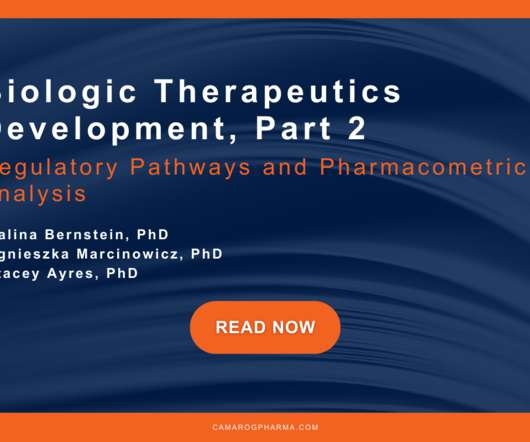
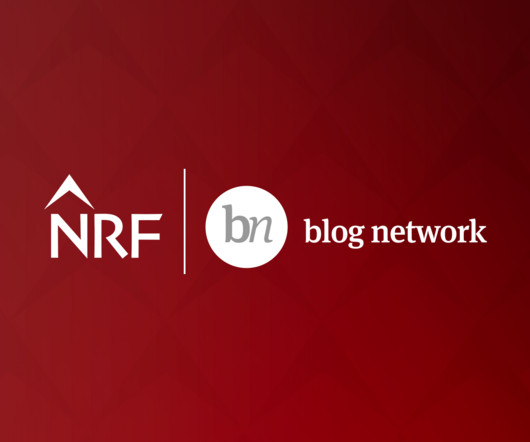


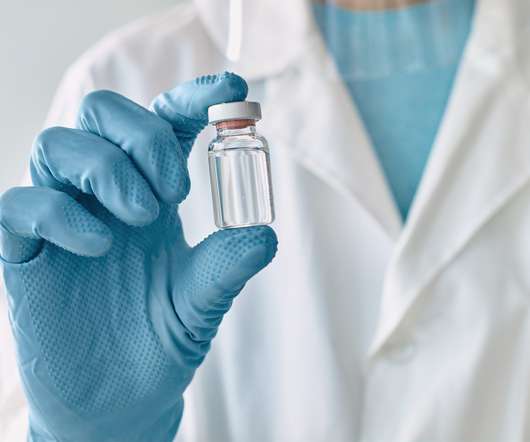



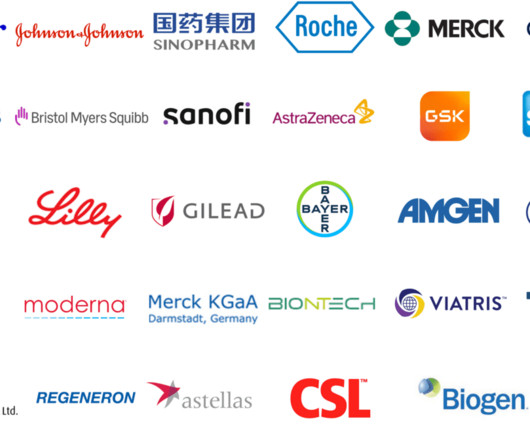
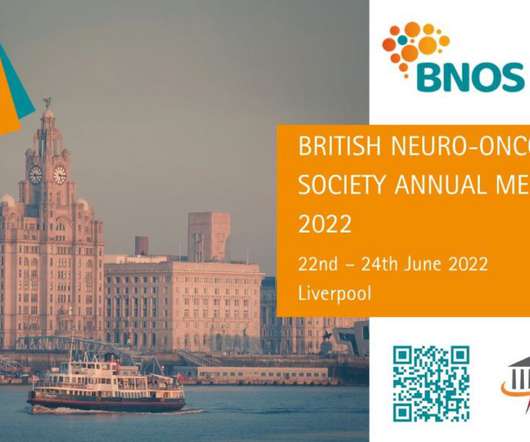

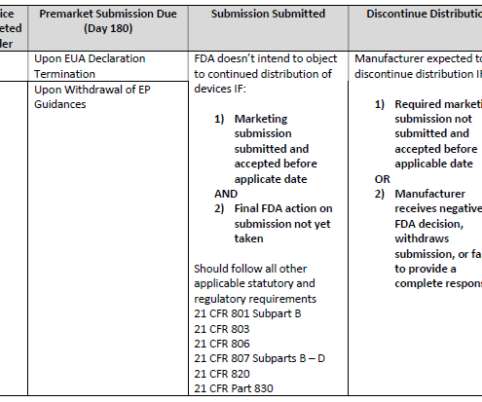







Let's personalize your content